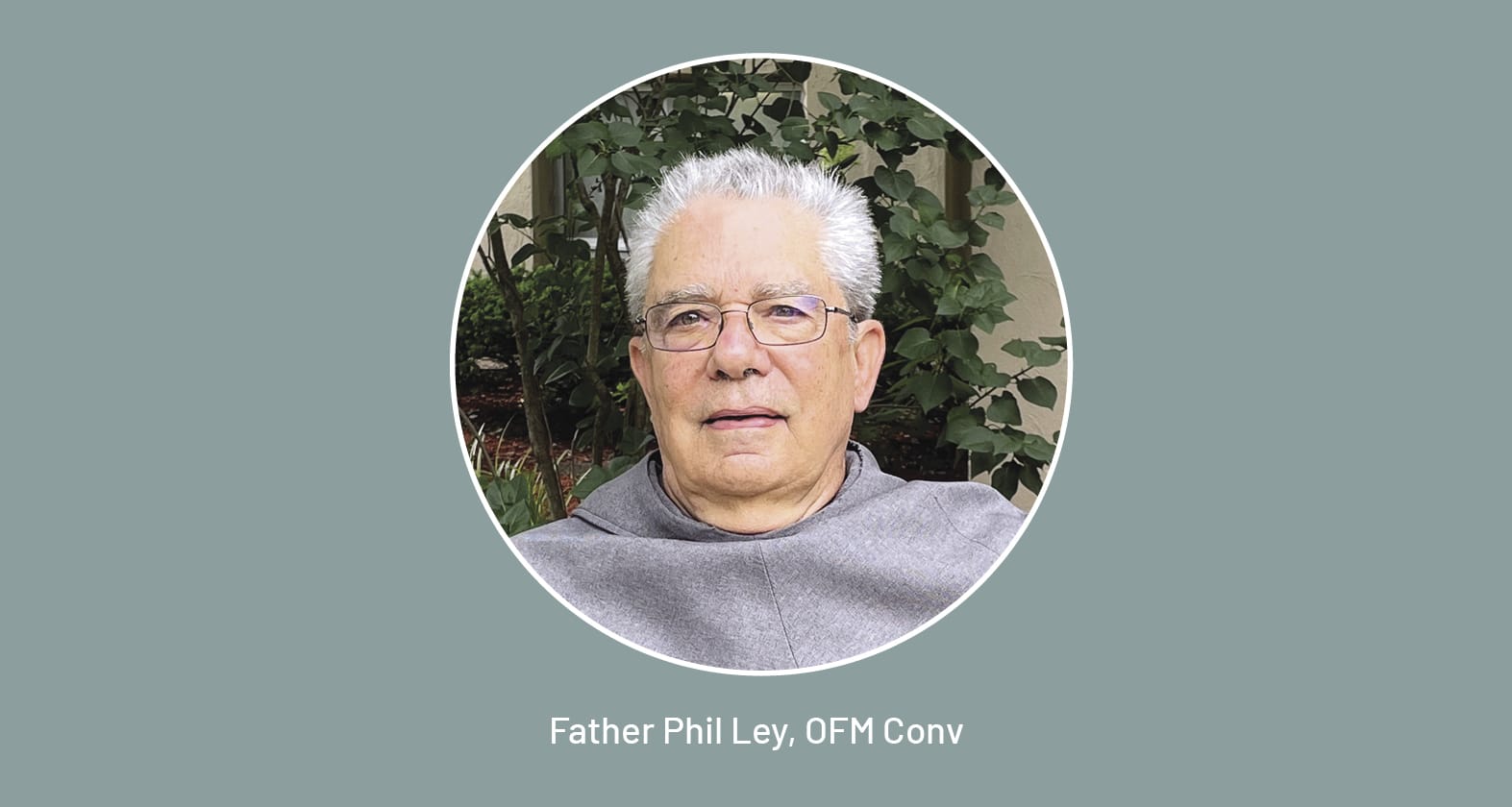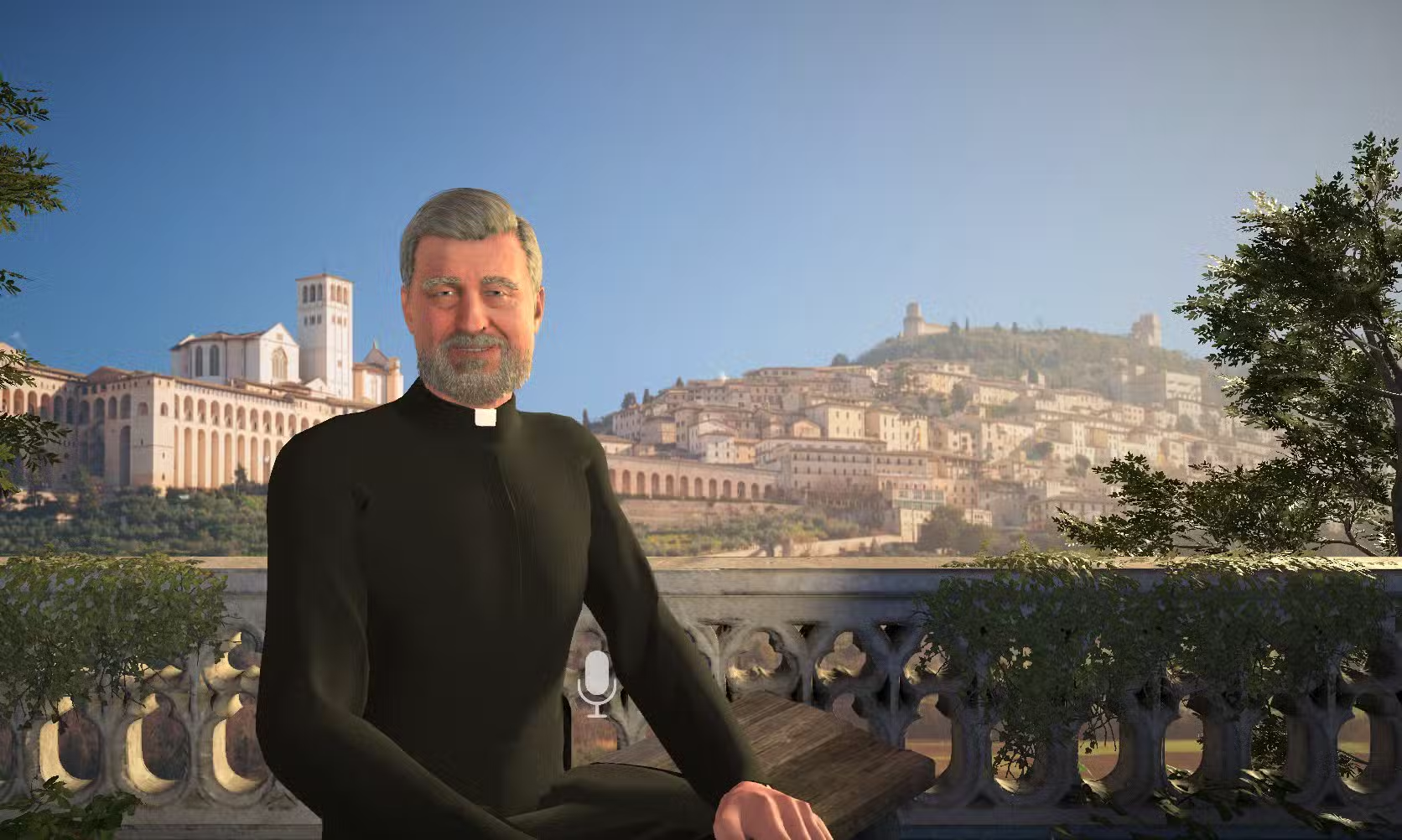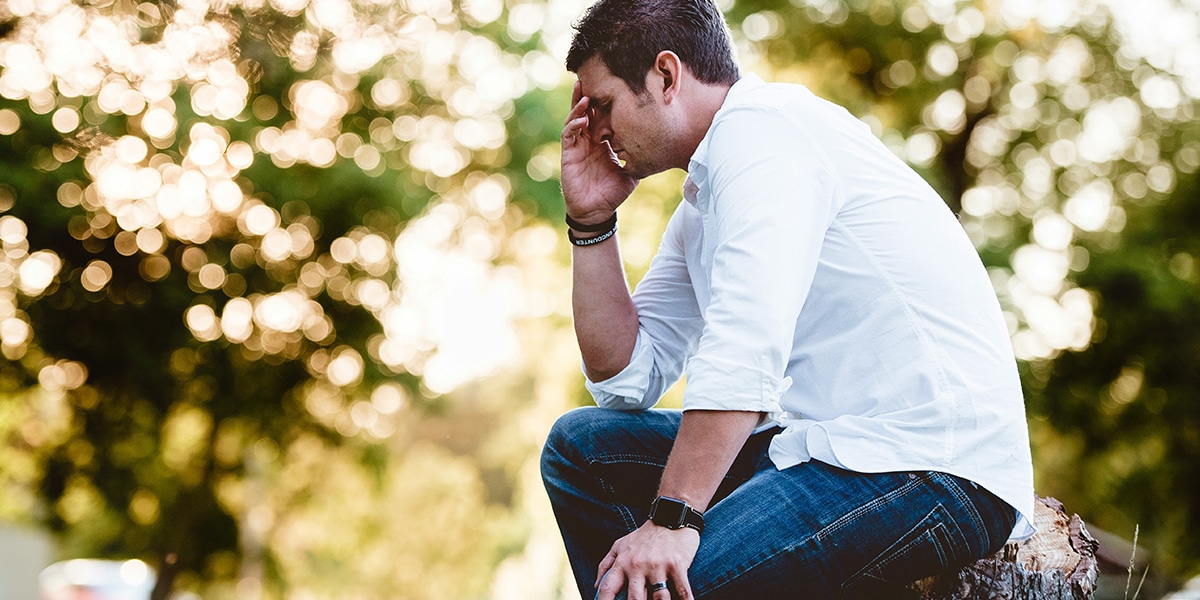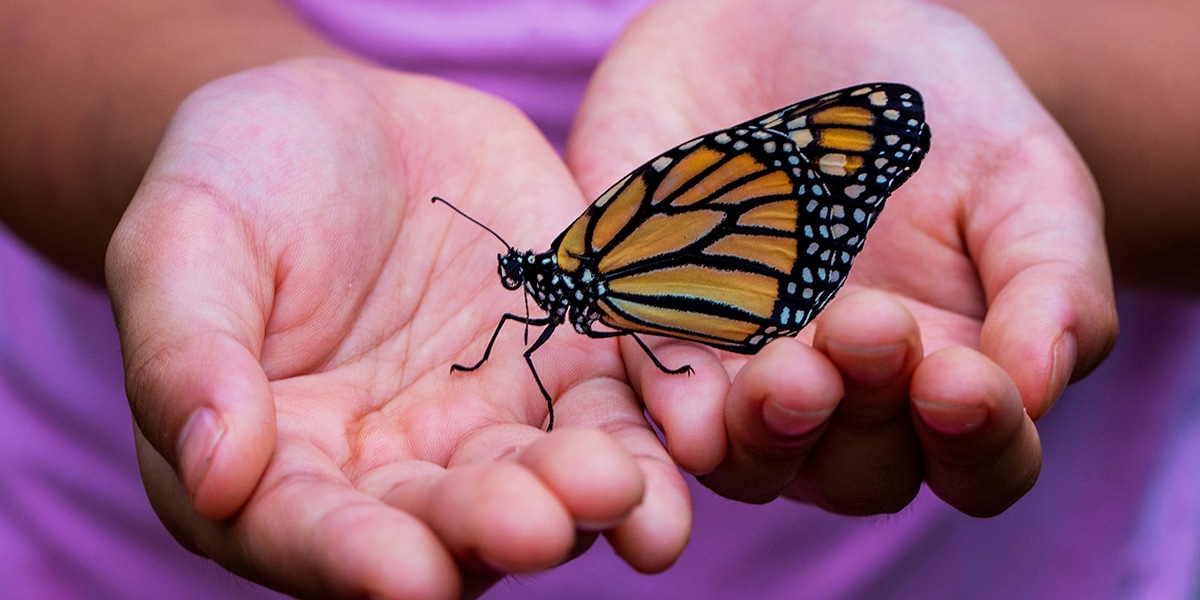San Antonio may be a half a world away from Assisi, but Father Phil Ley guesses that St. Francis would have found himself at home at a shelter that welcomes immigrants with no place else to go. Housed in a former convent on the city’s West Side, Posada Guadalupe offers temporary housing to young men, many of whom came to the United States as children fleeing violence, gangs, or worse in their home countries.
When unaccompanied minors turn 18, they can no longer stay at US detention shelters. “If they don’t have anyone who can sponsor them, their lawyer or social worker will call us,” says Father Phil, a Conventual Franciscan who founded Posada Guadalupe. On a recent day, residents included men from Latin America and Africa—representing Angola, Ghana, Mexico, the Dominican Republic, Venezuela, Guatemala, and Honduras.
Father Phil welcomes them all. He describes his as a “ministry of presence,” whether that involves delivering groceries, driving a resident to an appointment with US Immigration and Customs Enforcement, or helping them navigate the medical system.
“Francis welcomed everybody. He considered everyone a brother or sister—even inanimate life,” he says. “I believe that’s how we need to be, whether we’re Franciscan or not.”
From El Paso to El Salvador
Raised in a Catholic family in Fort Wayne, Indiana, Father Phil is the middle child of five. He enrolled in college during the height of the Vietnam War, choosing to major in Spanish because he’d aced it in high school. He figured he’d be a teacher someday. But following a study-abroad experience in Colombia, time spent in Latin America with the Peace Corps, and, upon returning home and meeting a community of Conventual Franciscans near Fort Wayne, Indiana, he found himself on a different path: toward religious life. He joined the Franciscans in 1978. After completing his formation and theological studies, he was ordained in 1984.
Father Phil’s first assignment took him to Carlsbad, New Mexico, where he served in parish ministry for seven years. He then became major superior of the Our Lady of Guadalupe Friary in El Paso. He also served at a Hispanic parish that bordered Mexico.
There he ministered to gang members. “I found that fulfilling,” Father Phil recalls. “Just their openness and getting to know the life of these kids.” In 1994, his provincial asked Father Phil to go to Honduras. A year later, he moved to El Salvador. He served a parish there for six years, seeing up close the poverty and suffering that drives immigrants from their home countries.
As a pastor, he helped oversee a project to replace a church building that consisted of “a metal roof held up by six columns. It was a good undertaking because we had different neighborhoods in the parish of various economic levels and educational levels. Trying to bring people together—as well as the evangelization retreats we put on—helped bridge gaps.”
Yet violence was a constant backdrop in a country still reeling from a civil war that had pitted US-backed government forces against leftist guerillas. A civil engineer who had helped rebuild the church and become a close friend of Father Phil was shot to death on September 16, 1998. Two weeks later, Father Phil was kidnapped at gunpoint after leaving a bank. The kidnappers released him after taking his money. “People told me you should get on the next plane,” he recalls. “But I realized there was no way I could leave. . . . The people, they had all suffered similar things during the war.”
His time in El Salvador, he says now, “was very enriching. It opened my eyes. I think it was probably the best thing I ever did in my life. To see what Church is: The people coming together as one. Even though [the people] were much poorer, the Church is far richer in other ways.”
Welcoming the Stranger
On returning to the United States, Father Phil took a sabbatical in Angola, Indiana. He would celebrate Mass with immigrants from Mexico at a nearby parish. He then returned to San Antonio, where the idea of opening a shelter for immigrants took root. During his studies as a young friar, he’d met a family who had opened their home to undocumented immigrants. He received permission from the order to open a shelter.
In 2006, the Franciscans rented a house for $300 a month, with room for 12 people. In 2015, the shelter found a permanent home—a former convent that can house up to 25 people. It opened its doors in early 2016. The shelter helps young men who arrived as unaccompanied minors transition from detention centers to living independently. “We offer them housing, food, room and board, and try to help them get acquainted with US society,” says Father Phil. Most work and send money home to support their families.
For Father Phil, extending welcome to these men reflects the values of St. Francis and the Gospel call to feed the hungry and welcome the stranger. He sees his ministry of hospitality as integral to his identity as a Franciscan and a follower of Christ. “If we’re Christian and we go by the Gospel, it’s right there,” he says.
To support Father Phil’s ministry and learn more, visit PosadaGuadalupe.org.








